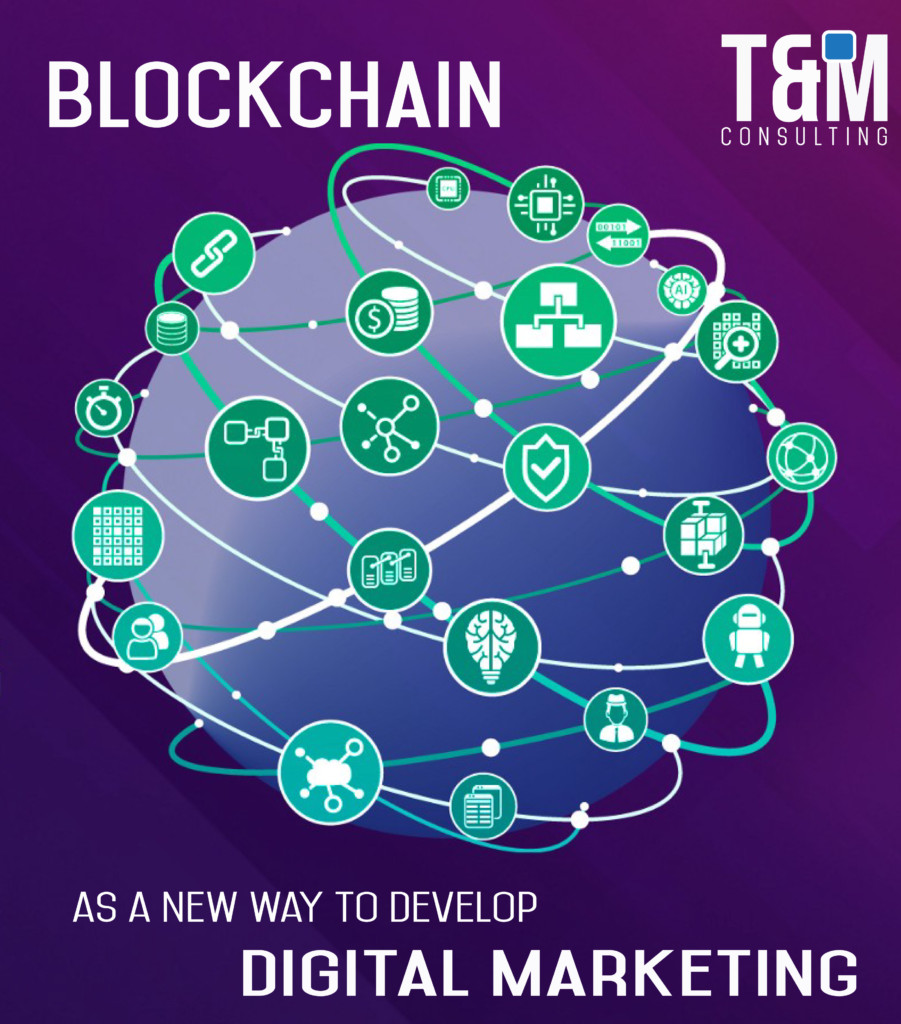With blockchain you can make a direct communication between advertiser and publisher. To validate delivery of ads and enable, in automatic, payment through intelligent contracts.
Blockchain is a database that registers blocks of information and makes a verified link of them. The term is associated with the financial industry, and has many uses. One of them is in advertising campaigns, where it could revolutionize the way to buy media, with important effects in the marketing industry.
In general, blockchain allows two parties to make secure transactions in a decentralized network. The information of the transaction can not be altered. With immutable encryption capabilities, it is distributed evenly. Some of its benefits are:

Conciliation
For example, advertiser X wants a display campaign for 200 thousand impressions. In the review of reports, the purchase platform presents 208 thousand. The adserver 194 thousand and the publisher says that they were 212 thousand.
The blockchain, solved this problems. As a result a 3-part transaction is recognized in the public registry and verified the exact number of completed impressions.
Efficiencies
In shopping, there are intermediary companies between advertisers and publishers. Ad networks offer groups of sites that have inventory and at the same time group advertisers who buy it. With blockchain you can make a direct communication between advertiser and publisher. To validate the delivery of ads and enable, automatically, payment through intelligent contracts.
These contracts are pieces of code for service agreements between two parties. Advertisers rather have the certainty of paying for delivered ads, and do not pay intermediaries (whose percentage is not always recognized in the transaction).
Sale of data
Although not yet implemented, the blockchain technology would allow users to sell their personal data. Currently, companies such as Facebook and Google earn revenue by offering advertisers spaces and information (not personal) of users.
Paying information directly to users, and users opt for this modality and improve the information used.
Challenges
Currently, the digital advertising ecosystem serves millions of transactions per second. Each complete digital advertising transaction is less than 100 milliseconds. Today, a famous cryptocurrency solution called Bitcoin, can process around 7 thousand transactions per second, far from the operation in practically real time, which the digital industry needs.
The speed, adoption and capabilities of smart contracts will be refined rapidly. So we must expect opportunities, improvements and very interesting changes within the advertising industry.

